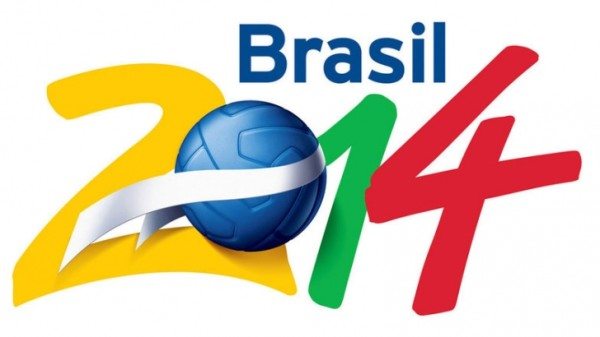I have to admit that I don’t really care about World Cup 2014. I recognize, though, that I am a distinct minority, and that billions of people around the world will spend the next month glued to televisions and computer screens in an attempt to follow the action in Brazil.
I’m not the only one, however, who recognizes that. Attackers are well aware that World Cup is the center of attention, and that fans are hungry for information. That makes those fans easy prey for scams and phishing attacks.
I wrote about some of the most common World Cup scams to watch out for on PCWorld:
The 2014 World Cup tournament kicks off today in Brazil. Soccer (or football anywhere outside of the United States) is the most popular sport in the world, and billions of people will be following the matches closely. While you’re busy figuring out how to stream games to your work PC while appearing to be busy with an Excel spreadsheet, you should be aware that World Cup will also be a feeding frenzy of malware and phishing attacks.
This shouldn’t come as a surprise. Capitalizing on major news and current events is a common technique for cyber criminals. Millions of people sitting on the edge of their seats, waiting for any tidbits of information related to the World Cup tournament, are simply too big and too easy of a target to pass up.
Guillaume Lovet, senior manager of the FortiGuard Labs’ Threat Response Team, shared his thoughts with me about the top four scams you should be on the lookout for as the World Cup gets underway.
Unsolicited emails
Think twice before opening an email proclaiming you the winner of a lottery for free World Cup tickets or offers to provide free access to stream games live over the Internet. If it sounds too good to be true, it is.
Lovet explained that clicking on links in those emails could take you to compromised or malicious websites that will download and install malware on your PC or device. It could be a keylogger, fake antivirus, botnet, or malware that opens up shop on your compromised PC and enables additional malicious tools to be installed and executed. What you can be sure it will not be is tickets to World Cup or a free service to view live games online.
Online retailers offering discounted tickets
If you’re actually planning to make the trip to Brazil, and you’re in the market for tickets to see a match, be careful. “If you discover an online store that’s offering unbelievable specials for tickets, do some digging to make sure it’s a legitimate store and not a false front that will disappear later that day along with your credit card information,” says Lovet. “Even if they are legitimate, you’ll want to make sure their site hasn’t been unknowingly compromised by SQL injection or other server attacks.”…
Check out the full post on PCWorld: Defend yourself against World Cup scams.
- Why Data Security Is the Real AI Risk - June 30, 2025
- Why Being Bold Matters in Cybersecurity—and Branding - June 3, 2025
- Gear Tested and Approved: My Top Picks for Dads and Grads This Season - May 28, 2025



